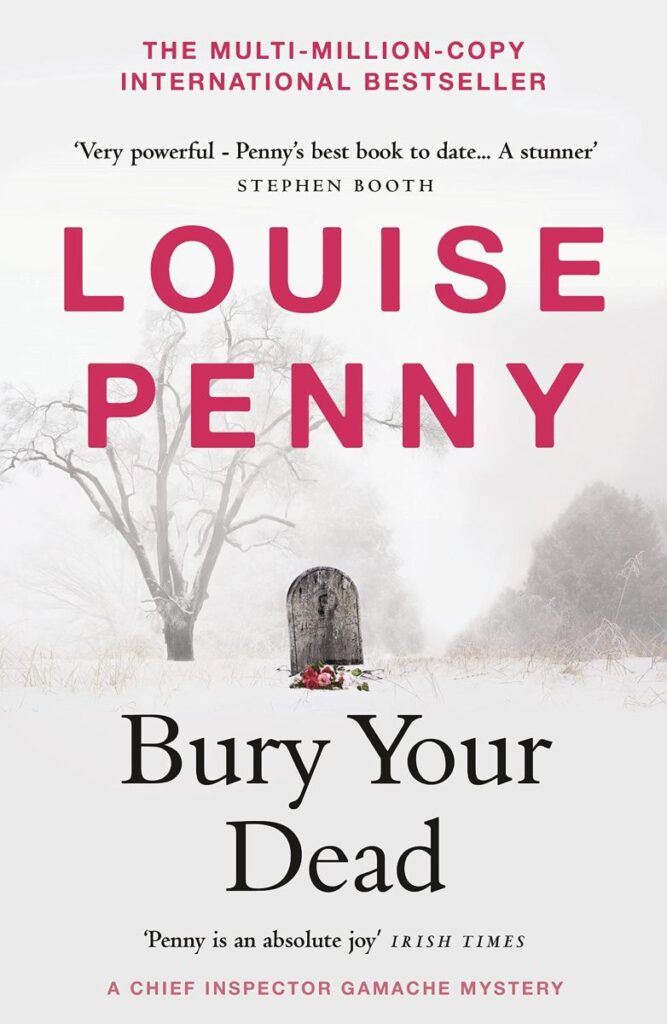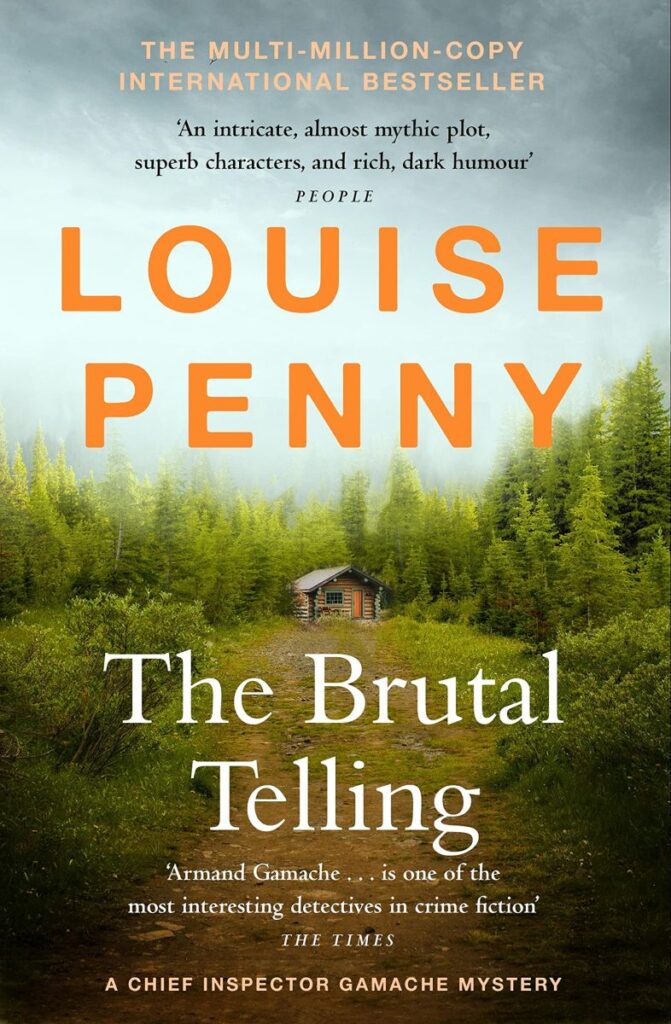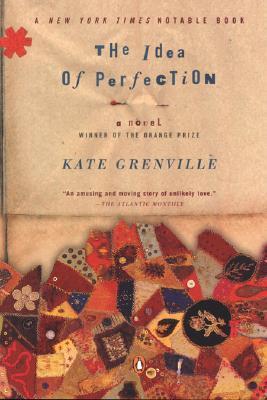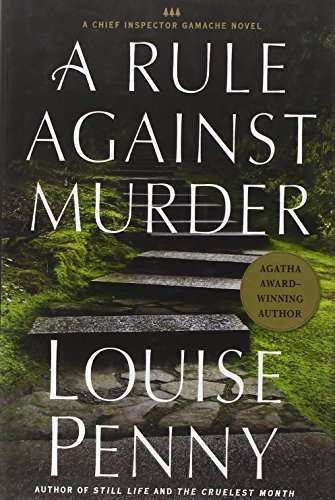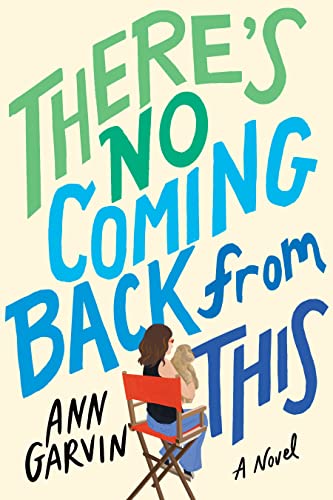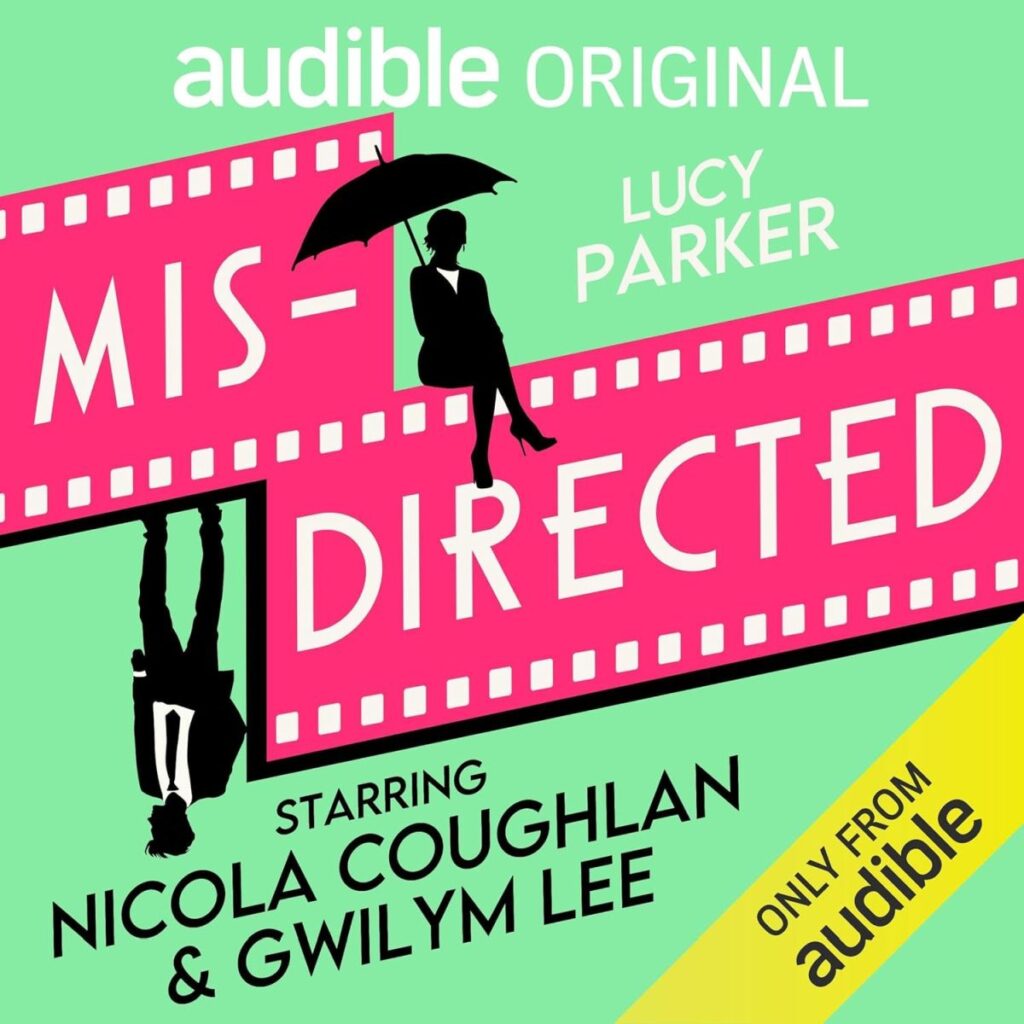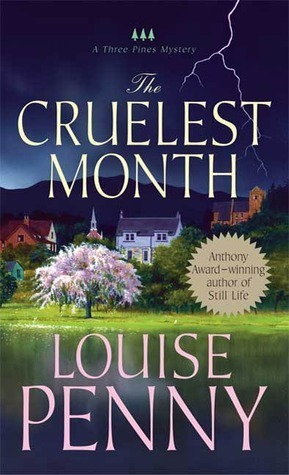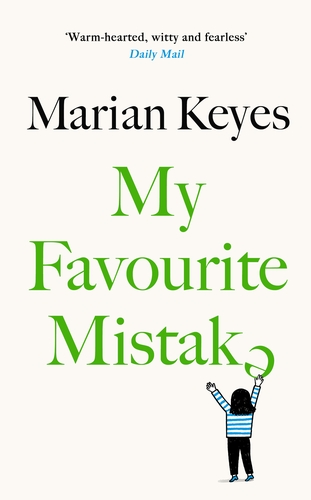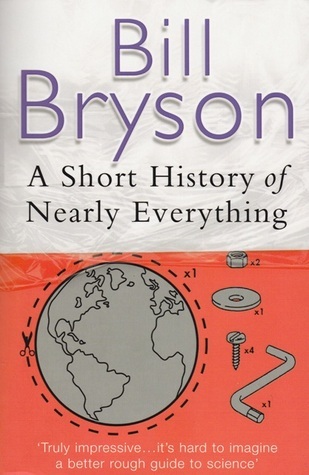Another Chief Inspector Gamache book! I love these novels.
Here’s the blurb …
It is Winter Carnival in Quebec City, bitterly cold and surpassingly beautiful. Chief Inspector Armand Gamache has come not to join the revels but to recover from an investigation gone hauntingly wrong. But violent death is inescapable, even in the apparent sanctuary of the Literary and Historical Society – where an obsessive historian’s quest for the remains of the founder of Quebec, Samuel de Champlain, ends in murder. Could a secret buried with Champlain for nearly 400 years be so dreadful that someone would kill to protect it?
Although he is supposed to be on leave, Gamache cannot walk away from a crime that threatens to ignite long-smoldering tensions between the English and the French. Meanwhile, he is receiving disquieting letters from the village of Three Pines, where beloved Bistro owner Olivier was recently convicted of murder. “It doesn’t make sense,” Olivier’s partner writes every day. “He didn’t do it, you know.” As past and present collide in this astonishing novel, Gamache must relive the terrible event of his own past before he can bury his dead.
For this one Gamache and Beauvois, both recovering from terrible injuries, separate and solve different murders. Beauvois in Three Pines looking into the Hermit’s murder (A Brutal Telling), and Gamache gets swept up into an investigation in Quebec City. Once again, the descriptions are magnificent – I want to go to Quebec City now.
The structure of this one was interesting as well. We know something terrible has happened, Gamache and Beauvois are both on leave, but the story is unfolded gradually told from their different perspectives.
A review

